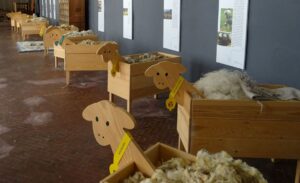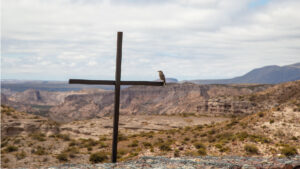Abstract/Description
The Dinaric Arc, one of the prominent mountain ranges of the Mediterranean, includes the Albanian Alps, a transboundary region known for its remarkable biodiversity, particularly its flora. The region is home to approximately 1,500 plant species, representing 55% of Albania’s total flora, with 128 species being endemic. The case-study area of Shkrel (partly a Municipal Nature Park), Albania, located at the foot of the Albanian Alps and ranging from 400 to 2,400 meters above sea level, marks the transition into the Mediterranean climate zone. Despite having the highest number of rainy days annually, Shkrel’s productivity is limited by a thick stony layer (4-100 meters) and the absence of rivers, making water scarcity the primary challenge for livestock farming. To address this, local communities have constructed dew ponds, which provide drinking water for approximately 9,000 livestock nowadays. Dew ponds have become a significant landscape element in this highland region, yet they have not been sufficiently studied or recognized as such. A mapping of around 70 dew ponds (highest density at national level) conducted in 2022 revealed that many are no longer functional due to inadequate size, poor construction sites, hasty building practices, and the use of unstudied materials. With a shrinking population in the rural mountains’ settlements and livestock practices, impacts biodiversity and decline of cultural values. This study is driven by the lack of documentation regarding these ponds and the traditional construction practices. The main objective is to provide a comprehensive guideline on dew ponds in Albania, offering valuable insights for local communities and relevant professionals, while highlighting their significance in sustainable water management practices. Through desk research, community interviews, and field data collection, this study examines international best practices in dew pond construction, elaborates traditional methods, typologies and materials, and presents a newly constructed dew pond built with community participation in Shkrel. On a long-term perspective, this study emphasizes the recognition of dew ponds as integral elements of Shkrel’s cultural landscape and serves as an advocate for their preservation and conservation by further engagement from local communities and stakeholders.


